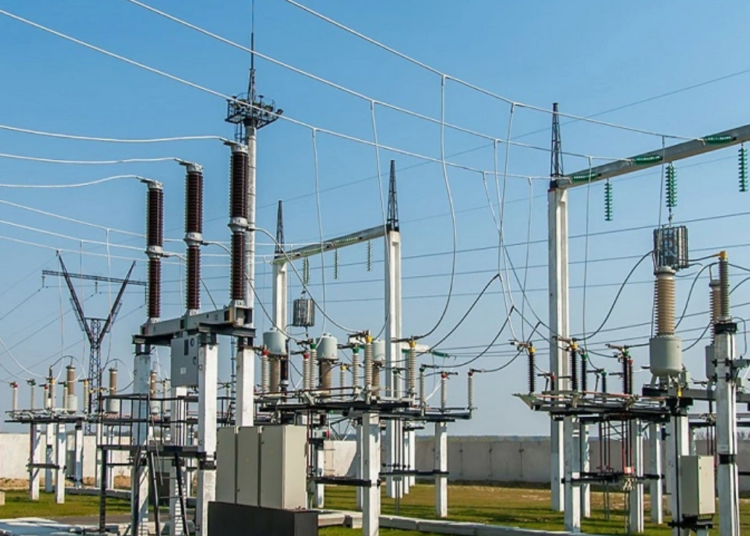Following a roundtable on the Electricity Act 2023, state governments are taking decisive steps to chart their course for a brighter energy future.
The Nigeria Governors’ Forum (NGF) and the British High Commission jointly convened a Roundtable to address the nuances of implementing the Electricity Act 2023 and achieve success at the state level.
It was also facilitated by the United Kingdom Nigeria Infrastructure Advisory Facility (UKNIAF).
The Roundtable, themed ‘The Electricity Act 2023: Implications and Opportunities for State Electricity Markets,’ brought together representatives from the NGF,the Ministry of Power, state governments, and senior officials from various Federal Ministries, Departments, and Parastatals.
Discussions during the event emphasised the recognition that not all states are equally positioned to immediately capitalise on the opportunities offered by the Electricity Act.
This acknowledgment was accompanied by a resounding call for a context-specific approach to address the unique challenges faced by each state.
The importance of creating an enabling environment to attract investments in the energy sector was another key highlight from the Roundtable.
Industry experts and sector stakeholders reiterated the significance of orderly transition, stakeholder engagement and management, market coordination and governance, as well as regional collaboration as critical enablers in progressing the Electricity Act.
In the wake of the Roundtable, an important consensus was reached: state governments should identify and prioritize opportunities for collaborative regional initiatives.
This strategic approach ensures the coordinated and cohesive implementation of the Electricity Act across Nigeria.
States are now gearing up to take their next steps, which include the development of transition roadmaps based on contextual stocktake exercises.
These roadmaps aim to provide a comprehensive guide for states to follow, enabling them to align their strategies with the provisions of the Electricity Act and adapt to their specific circumstances.
Furthermore, a strong emphasis was placed on deploying professional expertise to enhance the capacity of the energy sector.
This expertise will be instrumental in providing guidance and support throughout the process of implementing the Electricity Act.
One of the crucial outcomes from the Roundtable was the unanimous agreement on the urgent need for the donor community and Development Finance Institutions (DFIs) to scale up their support to State Governments while considering the unique contextual realities of each state.
The collaborative efforts highlighted by the NGF and the British High Commission underscore the commitment to achieving capacity building, policy guidance, knowledge sharing, and infrastructure/project development.
This commitment aims to support State governments in identifying and developing bankable projects within the electricity sector that adhere to the highest standards of technical, social, and environmental sustainability.
The project director at UKNIAF, Thomas Pascoe provided a vision for the future of the Nigerian energy sector.
He emphasised that the fundamental challenge is not a lack of talent but the need to address structural issue
The chairman of the Nigeria Governors’ Forum and Kwara State governor, Abdulraham Abdulraque stated, “through these collaborations, we seek to achieve capacity building, policy guidance, knowledge sharing.
“And above all, infrastructural/project development by supporting State governments in identifying and developing bankable projects in the electricity sector, ensuring that these projects meet the highest standards of technical, social, and environmental sustainability.”
In her welcoming address, the British Deputy High Commissioner, Gill Atkinson, underscored the significance of the new provision allowing State Governments to generate, transmit, and distribute electricity in Nigeria.
She emphasided that this moment presents an opportunity to scale up electricity production and make it accessible to a broader segment of the Nigerian population.





